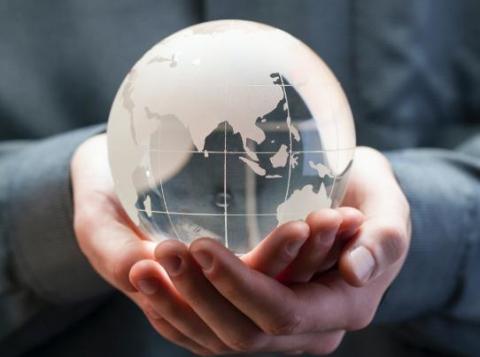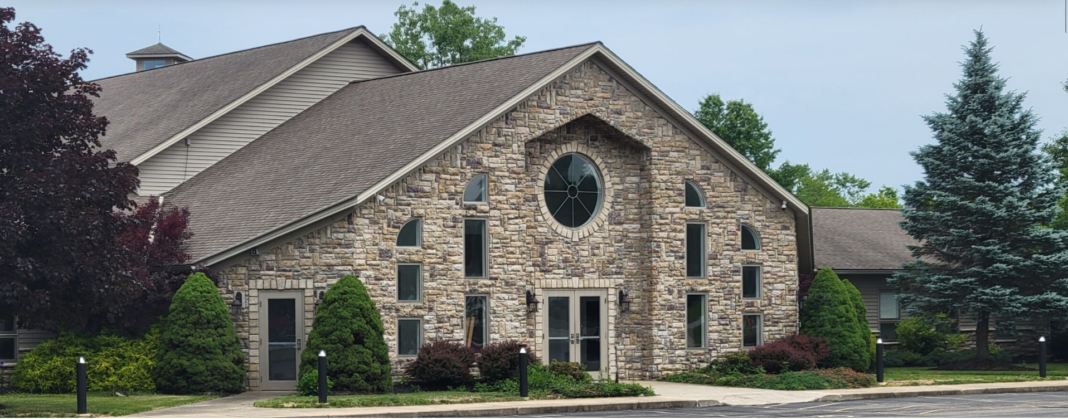By: Kainat Saif

In a world where borders blur and connectivity flourishes, the relationship between development and peace takes on new dimensions, intertwining legal imperatives with developmental aspirations. Traditionally, development has been synonymous with economic growth and infrastructure expansion, yet its scope extends far beyond these parameters in today’s globalized context. From Pakistan’s bustling cities to the serene landscapes of developed countries, the intricate dance between development and peace unfolds against shared challenges and interconnected opportunities.
Economic prosperity is a cornerstone for peacebuilding efforts, transcending national boundaries and fostering regional stability. In Pakistan, a nation grappling with socio-economic disparities and regional tensions, initiatives aimed at bolstering economic growth and improving living standards have yielded tangible results in conflict mitigation. The China-Pakistan Economic Corridor (CPEC), for instance, stands as a testament to the transformative potential of economic development, offering employment opportunities, enhancing infrastructure, and fostering cross-border cooperation. Similarly, in developed countries like Norway, investments in sustainable development projects have not only bolstered economic resilience but also contributed to diplomatic efforts aimed at conflict resolution in regions plagued by resource scarcity and environmental degradation.
Education emerges as another critical pillar in the edifice of peace, empowering individuals with the knowledge and skills needed to navigate complex social and political landscapes. In Pakistan, efforts to promote education, particularly among marginalized communities, have laid the groundwork for societal transformation, fostering a culture of tolerance and inclusivity. Initiatives such as the Malala Fund, named after Nobel laureate Malala Yousafzai, have not only championed girls’ education but also catalyzed global conversations on the transformative power of education in fostering peace and social cohesion. Similarly, in developed countries like Sweden, investments in education have played a pivotal role in promoting social equity and intercultural dialogue, offering a blueprint for nations seeking to bridge societal divides and promote peaceful coexistence.
Sustainable development emerges as a linchpin in the quest for global peace, offering a pathway toward environmental stewardship and conflict resolution. In Pakistan, initiatives such as the Billion Tree Tsunami project have not only rejuvenated ecosystems but also mitigated environmental degradation, laying the groundwork for sustainable peace in conflict-prone regions like the Federally Administered Tribal Areas (FATA). Conversely, in developed countries like Germany, investments in renewable energy and sustainable infrastructure have not only reduced carbon emissions but also fostered cross-border cooperation, offering a model for nations seeking to address shared environmental challenges through collaborative action.
In conclusion, the nexus between development and peace transcends geographical boundaries, offering a roadmap for nations seeking to navigate the complexities of an interconnected world. By harnessing the transformative power of economic prosperity, education, and sustainable development, nations can lay the foundation for a more peaceful and prosperous future, both at home and abroad. As Pakistan and developed countries alike embrace the challenges and opportunities of the 21st century, the imperative to build bridges, foster dialogue, and promote shared prosperity has never been more pressing.
The writer is a former Young Parliamentary Associate and can be reached at [email protected]



